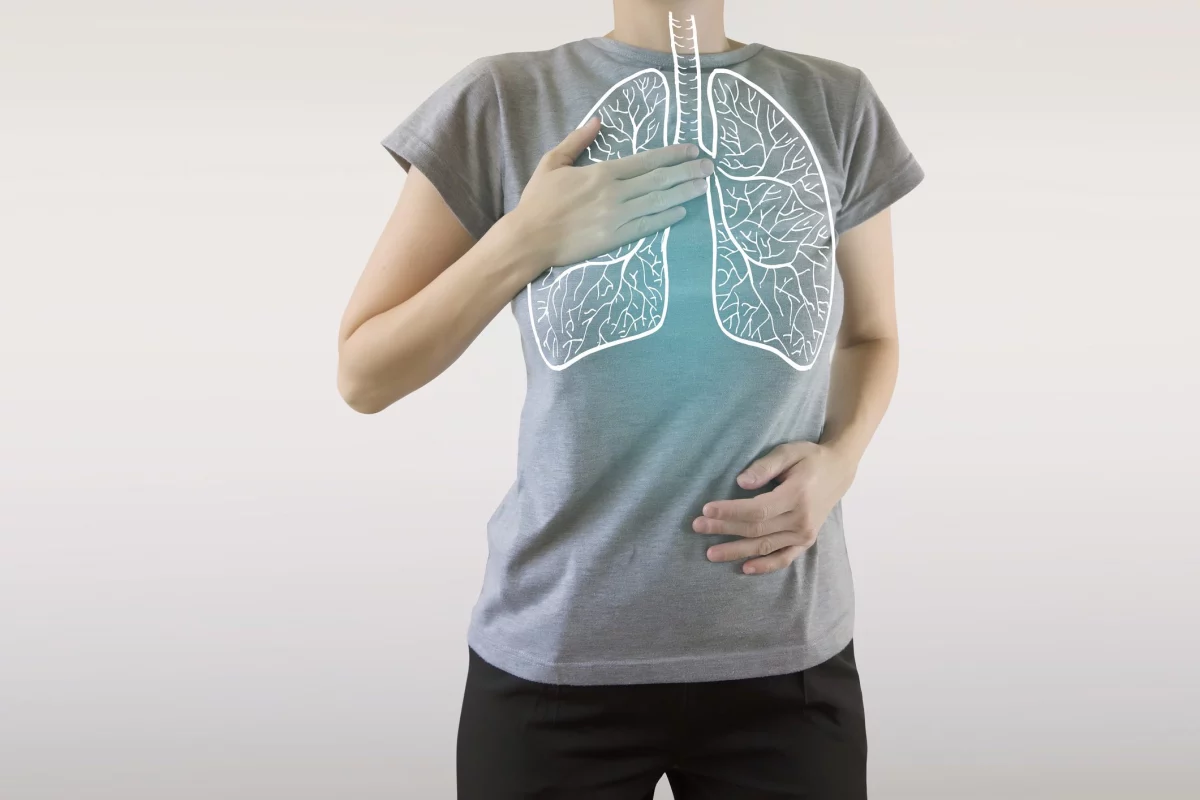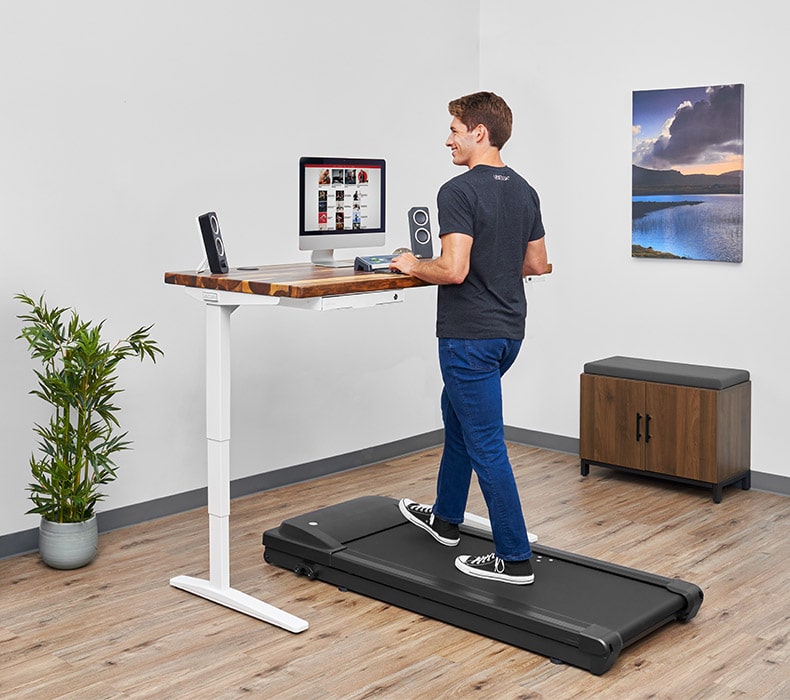Lung function plays a crucial role in shaping an athlete’s prowess on the field or track. We commonly link athletic excellence to strength, speed, and agility, but the beautiful efficiency of an athlete’s respiratory system stands as an equally pivotal factor. Here, we’ll briefly highlight how lung function influences athletic performance, including the distinctive breathing patterns of athletes, the significance of VO2 max, strategies for optimizing lung function, and the indispensable role played by spirometry tests in the realm of sports medicine.
Table of Contents
The Physiology of Respiration in Athletes
Breathing while exerting the body in sports is yet another way that all athletes work to optimize their performance. In other words, it’s not just the usual in and out breaths — it’s more efficient and even finely tuned, optimized for performance. On top of everything else that athletes practice, they work on:
- Profound and Efficient Breathing: Athletes have refined the art of deep breathing, a practice that enables them to maximize oxygen uptake. Their diaphragmatic muscles are exceptionally well-conditioned, facilitating the inhalation of larger volumes of air with each breath.
- Precise Breath Control: Athletes also align their breathing with their movements while competing. This next-level layer of control minimizes energy expenditure, an even more crucial factor in endurance sports.
VO2 Max: The Athlete’s Holy Grail
In sports physiology, VO2 max rules. Simply put, VO2 max measures an athlete’s maximum oxygen use during exercise. A higher VO2 max translates to better aerobic endurance and performance.
Think of it as the engine size of an athlete’s cardiovascular system. The greater an athlete’s capacity to use oxygen, the more they can extend and intensify their physical efforts. Consider a marathon runner blessed with a remarkable VO2 max, for example. They can sustain a brisk pace for an extended distance. In contrast, an individual possessing a lower VO2 max might find themselves gasping for breath even after a brief sprint.
Improving Lung Function for Athletic Performance
World-class athletes use specific strategies to improve lung function in preparation for competitions. Some of these include:
- Altitude Training: Some athletes, like renowned cyclist Chris Froome, have embraced altitude training. Training at high altitudes forces the body to adapt by producing more red blood cells, increasing oxygen-carrying capacity. This method enhances lung function and boosts endurance.
- Breathing Exercises: Athletes incorporate specific breathing exercises into their routines to strengthen respiratory muscles. These exercises increase lung efficiency and help prevent fatigue during high-intensity activities.
- Nutrition and Hydration: Maintaining proper lung health requires more than just training. A balanced diet rich in antioxidants and hydration are essential components.
The Role of Spirometry in Sports Medicine
Spirometry testing is a simple but powerful lung function testing tool. It measures various aspects of lung function, including vital capacity, forced expiratory volume, and peak expiratory flow. In essence, it tells us how well an athlete’s lungs are performing.
A spirometry test can help with:
Early Detection of Respiratory Issues
Spirometry tests are instrumental in detecting potential respiratory problems early on. This is especially crucial for athletes, as identifying issues before they become severe can prevent setbacks in their training and performance.
Monitoring Lung Function
Throughout an athlete’s career, spirometry tests serve as a reliable benchmark for lung function. Regular testing helps coaches and medical professionals track an athlete’s progress and make necessary adjustments to training routines.
Recovery and Rehabilitation
In case of injuries or illnesses affecting the respiratory system, spirometry tests aid in the recovery and rehabilitation process. They help gauge when an athlete can safely return to full training and competition.
To sum up, making your lungs more efficient is yet another piece of the puzzle when it comes to achieving the best performance as an athlete. Spirometry tests, targeted training, and breathing exercises are all tools that can help athletes improve their lung function, gain a competitive edge, and reach new heights in their sports.


 Home
Home









